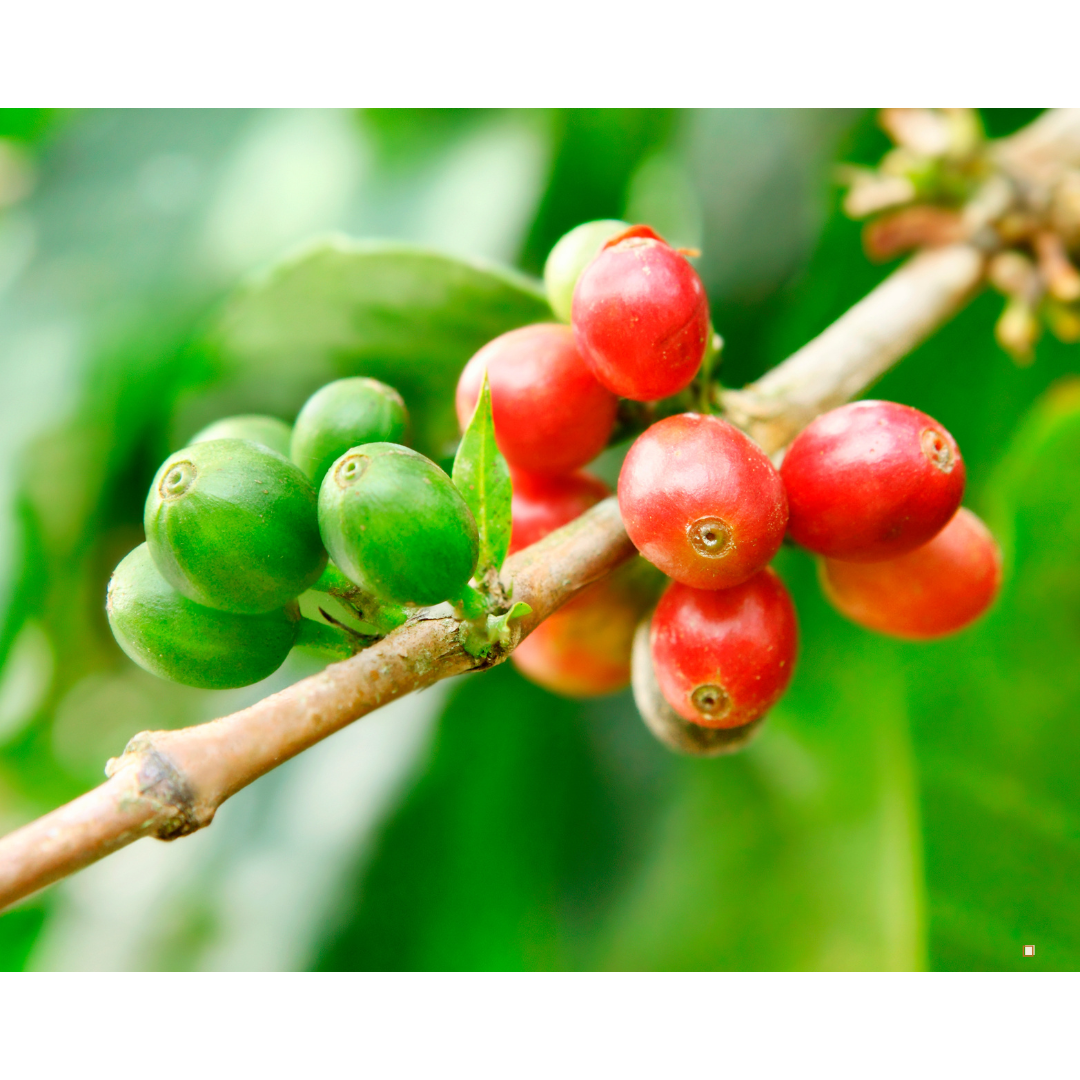
Blue Mountain Jamaican Coffee vs. Ethiopian Coffee: How They Differ
Blue Mountain Jamaican Coffee and Ethiopian coffee are two of the most revered coffee types in the world, each offering a distinct experience for coffee enthusiasts. Known for their unique flavor profiles and rich histories, these coffees cater to different palates and preferences. Understanding their differences can help you appreciate each cup and choose the one that best suits your taste.
Origins and Terroir
Jamaican Coffee is grown in the Blue Mountains of Jamaica, a region renowned for its high altitudes, cool climate, and misty conditions. The fertile volcanic soil and steady rainfall create an ideal environment for cultivating coffee beans with a balanced, mild flavor. Only coffee grown in specific areas of the Blue Mountains is certified as authentic Blue Mountain Jamaican Coffee, making it one of the rarest and most sought-after varieties globally.
Ethiopia, the birthplace of coffee, offers a diverse range of beans thanks to its varied geography and climate. Coffees from Ethiopia are often grown at high altitudes and are processed using traditional methods that highlight their natural flavors. Known for their fruity and floral notes, Ethiopian coffees are typically categorized by region, with Yirgacheffe, Sidamo, and Harrar being among the most famous.
Flavor Profiles
The flavor differences between Jamaican Coffee and Ethiopian coffee are striking, reflecting their distinct origins.
Blue Mountain Coffee is celebrated for its smooth and balanced taste. It typically has a mild flavor with subtle hints of chocolate, nuts, and a slight sweetness. Its acidity is well-rounded and gentle, making it a favorite for those who prefer a refined, less intense coffee experience.
Ethiopian coffee, on the other hand, is known for its vibrant and complex flavor profile. Coffees from this region often feature bright acidity and prominent fruity and floral notes, such as berries, citrus, jasmine, or wine-like characteristics. Ethiopian coffee is an excellent choice for those who enjoy bold, adventurous flavors.
Processing Methods
How coffee is processed plays a significant role in its final flavor, and the methods used for Blue Mountain Jamaican Coffee and Ethiopian coffee differ.
Most Blue Mountain Coffee is processed using the washed (or wet) method, which involves removing the fruit from the beans before fermentation and drying. This method results in a clean and consistent flavor profile, allowing the coffee’s subtle nuances to shine.
Ethiopian coffee is processed using both washed and natural (dry) methods. The washed method highlights the coffee’s bright and floral qualities, while the natural method imparts fruity and wine-like flavors by allowing the coffee cherries to dry with the beans inside. These traditional processing techniques contribute to the wide variety of tastes found in Ethiopian coffee.
Price and Availability
As one of the rarest coffees in the world, Blue Mountain Coffee commands a high price. Its limited production and strict quality control contribute to its exclusivity. Coffee enthusiasts who value rarity and exceptional quality often find the price worth it.
Ethiopian coffee is generally more affordable and widely available. With numerous regions producing coffee, there is a broader range of options for every budget. Despite its lower price point, Ethiopian coffee is highly regarded for its quality and complexity.
Best Brewing Methods
The ideal brewing method for each coffee depends on its flavor characteristics.
Given its smooth and subtle flavor profile, Jamaican Coffee shines when brewed using methods that preserve its clarity and balance. Pour-over, drip brewing, and French press are excellent choices, as they allow you to appreciate its refined taste without overpowering the delicate notes.
Ethiopian coffee’s bold and complex flavors make it well-suited for brewing methods that emphasize its brightness and complexity. AeroPress, Chemex, or traditional Ethiopian coffee ceremonies are popular choices for showcasing its unique qualities.
Which Should You Choose?
Choosing between Blue Mountain Coffee and Ethiopian coffee ultimately comes down to personal preference. If you prefer a smooth, mild cup with subtle sweetness and balance, Jamaican Coffee may be your ideal choice. If you enjoy exploring vibrant, fruity, and floral flavors, Ethiopian coffee offers a wealth of exciting options.
How Frontier Coffee Roasters Can Help
At Frontier Coffee Roasters, we’re passionate about giving coffee lovers the chance to explore some of the world’s most exceptional brews. Our Blue Mountain Jamaican Coffee, sourced from the prestigious Wallenford Estate, is expertly roasted to preserve its delicate, nuanced flavor. Whether you’re drawn to the smooth elegance of Blue Mountain Jamaican Coffee or eager to discover other premium varieties, our small-batch roasting process guarantees unparalleled freshness and quality in every cup.
Discover more about our journey and commitment to excellence by visiting our Blue Mountain Jamaican Coffee Hub and explore our broader selection of exceptional beans at the Frontier Coffee Roasters Coffee Hub. Order today and experience the difference where exceptional beans meet expert craftsmanship!

